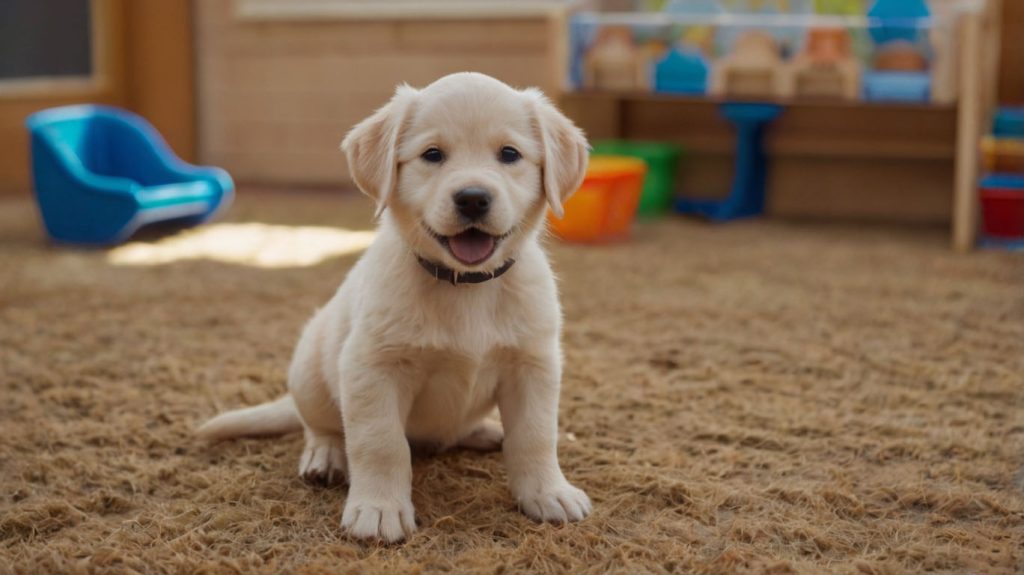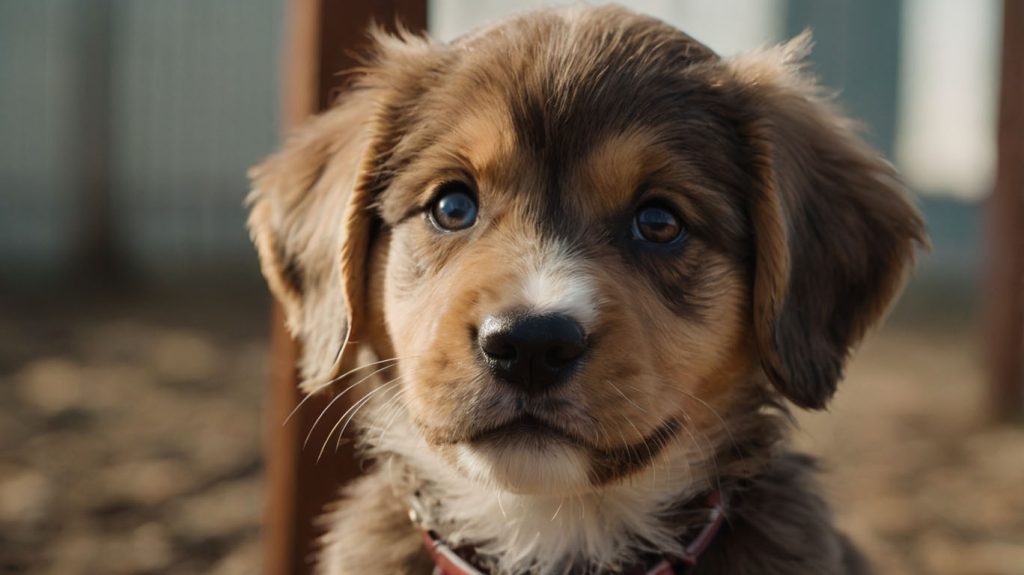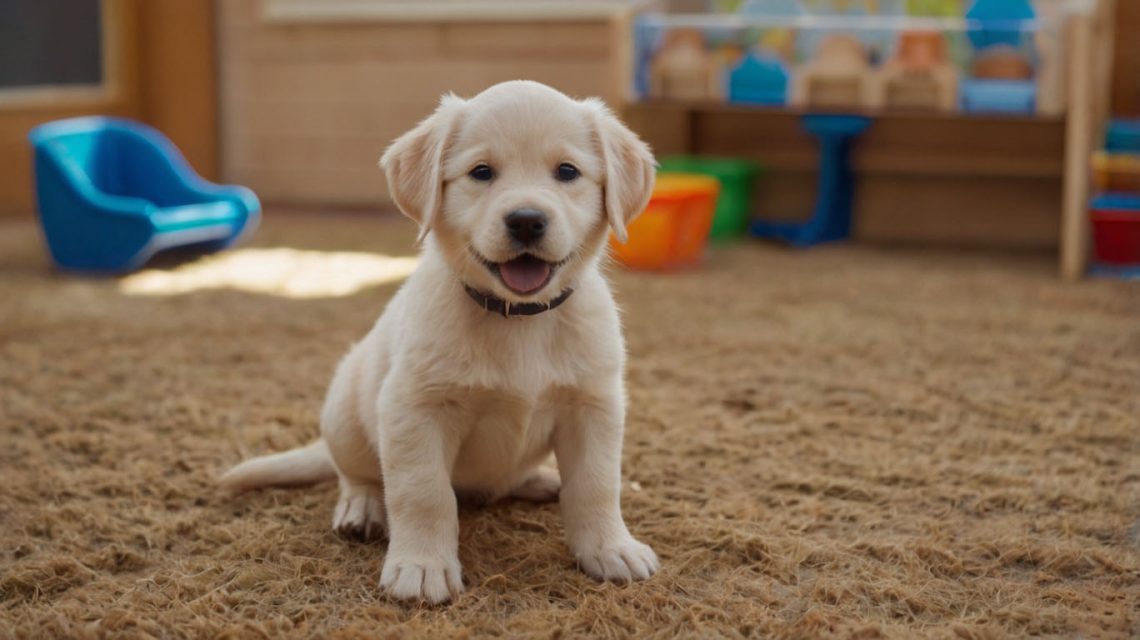When you bring home a new puppy, you don’t just gain a cuddly companion—you take on a massive responsibility. Puppies need more than food and belly rubs. They need structure, guidance, and early education. That’s where puppy preschool makes all the difference.
Before we dive into the step-by-step benefits and training methods, let’s meet Cooper—a golden retriever whose puppy preschool experience transformed him from chaos to calm.
How Puppy Preschool Changed Cooper’s Future
Cooper arrived at his new home full of energy, curiosity, and absolutely zero self-control. He chewed shoes, barked at guests, and refused to sit still for even a second. His family quickly became overwhelmed.
Rather than scolding him or trying DIY training from YouTube, they enrolled Cooper in a local puppy preschool. By week two, he was learning to sit on cue, socialize with other dogs, and stay calm around distractions. By week six, he was walking on a loose leash, responding to recall, and greeting strangers politely.
According to his trainer, Cooper’s early preschool training gave him the mental foundation to become a confident, obedient adult dog. His transformation proves that puppy preschool is more than a trend—it’s a strategic investment.

Why Puppy Preschool Is a Must for New Dog Owners
You may think basic obedience can wait, but the first few months of a puppy’s life are critical. Puppies go through a socialization window from 8–16 weeks—a prime time for learning.
Core Benefits of Puppy Preschool
- Builds early obedience with basic commands and focus cues
- Improves social behavior through positive dog-to-dog interactions
- Reduces anxiety by exposing pups to new sounds, smells, and people
- Prevents bad habits before they start
- Strengthens bonds between you and your puppy through trust-based learning
Clearly, puppy preschool provides skills and structure that last a lifetime.
What to Expect in a Puppy Preschool Program
Puppy preschool typically runs in small group classes with puppies aged 8 to 16 weeks. Let’s break down what these classes usually include.
Class Structure and Curriculum
| Week | Focus Area | Key Activities |
|---|---|---|
| 1 | Socialization & Settling | Name recall, group introductions |
| 2 | Basic Commands | Sit, stay, come, leash basics |
| 3 | Impulse Control | Wait, leave it, calm greetings |
| 4 | Handling & Grooming Skills | Touch tolerance, vet visit practice |
| 5 | Real-World Simulations | Walking near distractions, recall game |
| 6 | Graduation & Recap | Review of all commands and skills |
Sessions often include supervised off-leash play, trainer-led guidance, and take-home exercises for reinforcement.
Top Puppy Preschool Skills Every Pup Learns
In a structured preschool program, puppies pick up vital life skills that shape their behavior for years.
1. Socialization Through Supervised Play
Puppies learn body language, bite inhibition, and play boundaries by interacting with peers. This experience builds confidence and prevents future reactivity.
2. Introduction to Basic Obedience
Commands like “sit,” “down,” “stay,” and “come” are taught using positive reinforcement. These become the building blocks of all future training.
3. Exposure to Everyday Noises and Situations
Puppy preschool safely introduces pups to vacuums, doorbells, car rides, and more—reducing the risk of anxiety later in life.
4. Leash Training Basics
Pups are introduced to collars, harnesses, and walking nicely without pulling—a skill that saves owners daily frustration.
How Puppy Preschool Helps Prevent Behavioral Issues
Dogs aren’t born knowing what’s right or wrong. Without early guidance, they may develop bad habits like:
- Excessive barking
- Fear of strangers
- Aggression toward other dogs
- Separation anxiety
- Jumping and chewing
By reinforcing calm, controlled behavior during the early weeks, puppy preschool prevents these problems before they start.

Trainer Tips: What Makes a Great Puppy Preschool
Not all puppy preschools are created equal. Look for programs that include:
- Certified trainers with positive reinforcement backgrounds
- Small class sizes to ensure individual attention
- Vaccination requirements for all pups
- A mix of structured lessons and free play
- Support for owners, including homework and progress tracking
Also, consider asking for reviews or sitting in on a class before committing.
Case Study: Luna’s Journey from Nervous Pup to Confident Companion
Luna, a timid border collie mix, wouldn’t approach people and froze in new environments. Her owner signed her up for puppy preschool at 10 weeks.
By the second class, Luna was interacting with other puppies. By week four, she walked confidently into the room, tail wagging. Now, she excels in agility and regularly visits nursing homes as a therapy dog.
Luna’s progress highlights how early intervention builds lifelong confidence.
How to Reinforce Puppy Preschool at Home
What happens between classes matters. Here’s how to maintain momentum:
Practice Daily
Set aside 10–15 minutes per day to review cues. Mix short sessions with play and praise.
Stick to a Routine
Feed, walk, and train at the same times each day. Puppies thrive on predictability.
Reward the Good
Catch your puppy doing something right—like sitting quietly—and reward it. Reinforcement builds habits.
Avoid Mixed Messages
If jumping isn’t allowed, make sure everyone enforces that. Consistency is key.
Puppy Preschool FAQs
At what age should a puppy start preschool?
Most programs accept puppies between 8–16 weeks old.
What vaccinations are required for puppy preschool?
Typically, at least one round of core vaccines and proof of deworming.
How long are puppy preschool classes?
Most sessions last 45 minutes to 1 hour, once per week for 4–6 weeks.
Can older puppies join puppy preschool?
Some programs offer adolescent puppy classes for those 4–6 months old.
Will one class be enough for my puppy?
While puppy preschool is a great start, ongoing training is recommended.
Is puppy preschool worth the money?
Absolutely. The early investment reduces the need for costly behavior correction later.
Conclusion: Puppy Preschool Sets the Stage for Success
Raising a well-behaved dog starts early. Puppy preschool creates the foundation for obedience, confidence, and lifelong good manners. It’s not just a class—it’s your puppy’s first school, their first step toward becoming the dog you always dreamed of.
Whether your puppy is shy, energetic, or just plain curious, a structured preschool program meets them where they are and leads them to where they need to be.


